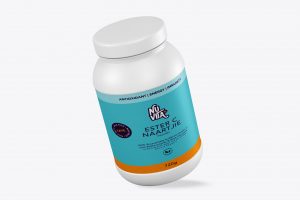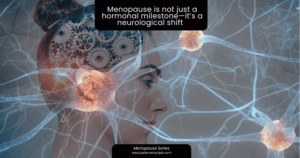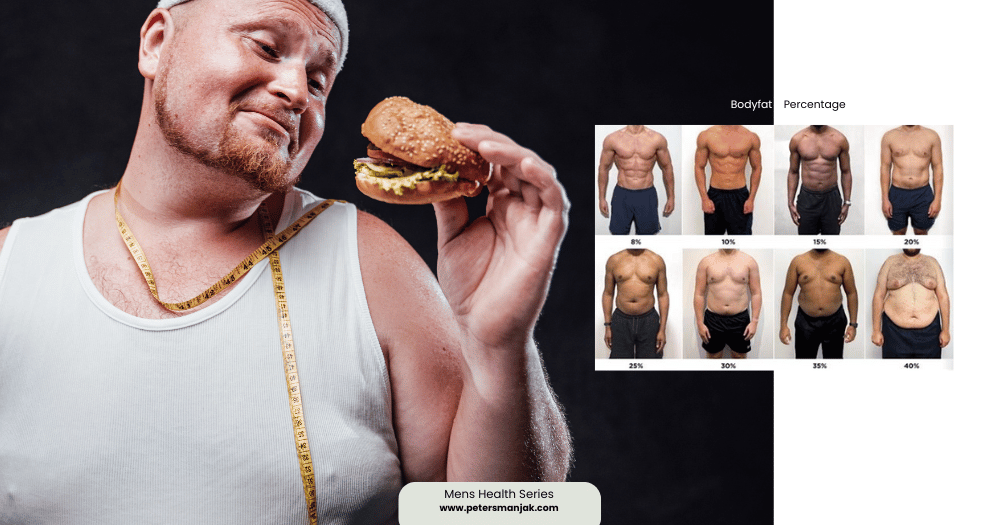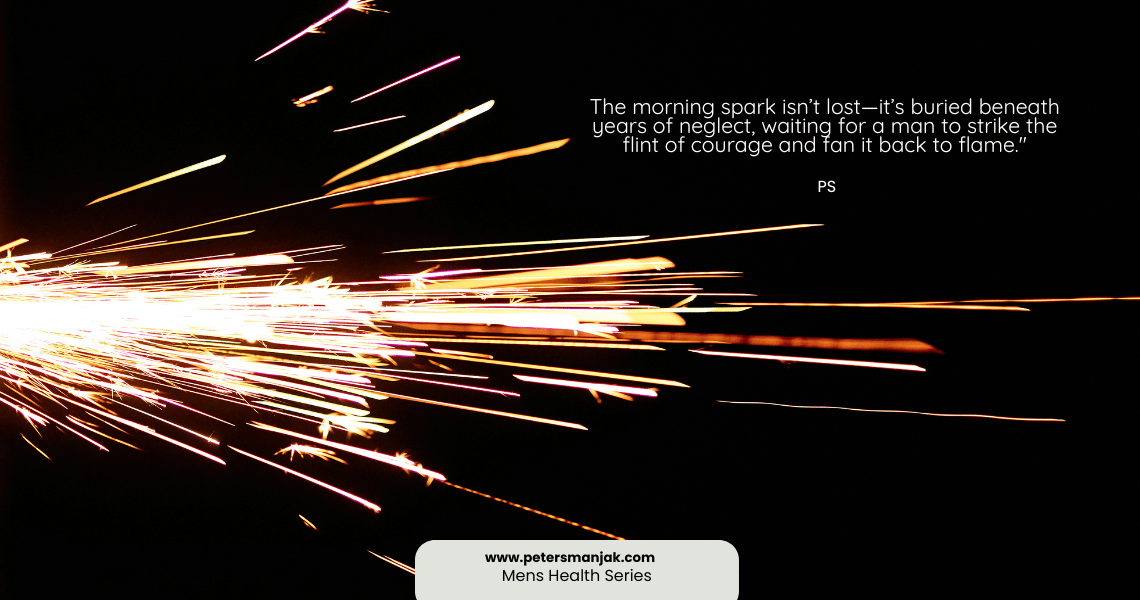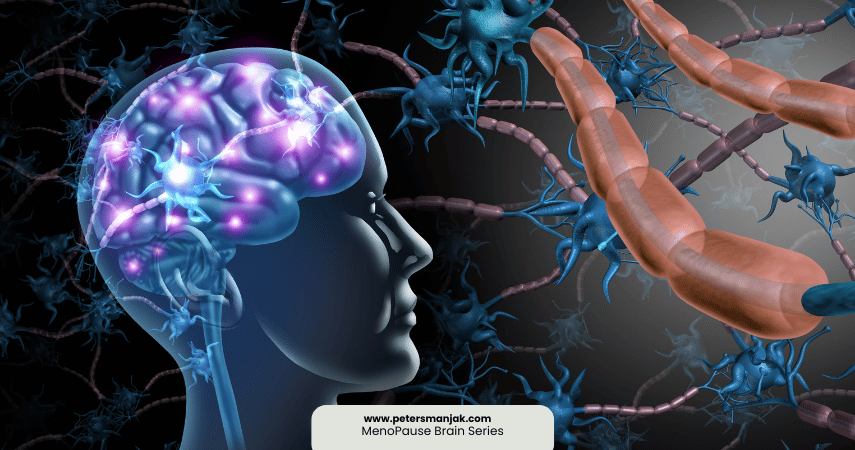Nutrient deficiencies can lead to a wide range of health conditions in adults. Here are some of the most commonly deficient vitamins, minerals, and other nutrients and the health conditions they can cause:
- Iron: Iron deficiency can lead to anemia, fatigue, weakness, and decreased immunity.
- Vitamin D: Vitamin D deficiency can result in weakened bones, muscle weakness, fatigue, depression, and an increased risk of chronic diseases such as osteoporosis, cardiovascular disease, and certain cancers.
- Vitamin B12: Vitamin B12 deficiency can lead to anemia, fatigue, tingling and numbness in the hands and feet, muscle weakness, and difficulty with balance and coordination.
- Folic Acid: Folic acid deficiency can result in anemia, fatigue, weakened immunity, and an increased risk of birth defects in pregnant women.
- Calcium: Calcium deficiency can lead to weakened bones, bone fractures, and an increased risk of osteoporosis.
- Magnesium: Magnesium deficiency can result in muscle cramps, fatigue, weakness, and an increased risk of chronic diseases such as diabetes, hypertension, and osteoporosis.
- Potassium: Potassium deficiency can lead to muscle cramps, weakness, fatigue, and an increased risk of high blood pressure.
- Omega-3 fatty acids: Omega-3 fatty acid deficiency can lead to inflammation, mood disorders, decreased cognitive function, and an increased risk of chronic diseases such as cardiovascular disease.
It is very important to ensure that you are consuming a balanced diet that includes all of the necessary vitamins, minerals, and other nutrients to prevent nutrient deficiencies and promote optimal health.

According to the World Health Organization (WHO), the most deficient vitamins, minerals, and other nutrients in adults that can lead to various health conditions include:
- Iron: Iron deficiency is prevalent among women of reproductive age and can cause anemia, fatigue, weakness, and impaired cognitive and immune function.
- Vitamin A: Adequate amounts of vitamin A are necessary for good vision, immune function, and skin health. Vitamin A deficiency is prevalent in developing countries and can lead to blindness, increased susceptibility to infections, and skin problems.
- Iodine: Iodine is essential for normal thyroid function, and deficiency can result in hypothyroidism, goiter, and cretinism, a condition characterized by stunted growth and intellectual disability.
- Vitamin D: Vitamin D is necessary for strong bones and a healthy immune system. Vitamin D deficiency is common, particularly in older adults and those with limited sun exposure, and can lead to osteoporosis, muscle weakness, and increased risk of infections.
- Calcium: Calcium is necessary for strong bones and teeth, muscle function, and nerve transmission. Calcium deficiency can result in osteoporosis, muscle cramps, and impaired nerve function.
The reasons for deficiencies in these nutrients vary but can include inadequate dietary intake, malabsorption, and increased demand (e.g., during pregnancy or breastfeeding). In some cases, certain health conditions, medications, or surgery may also impair nutrient absorption or increase nutrient needs.


